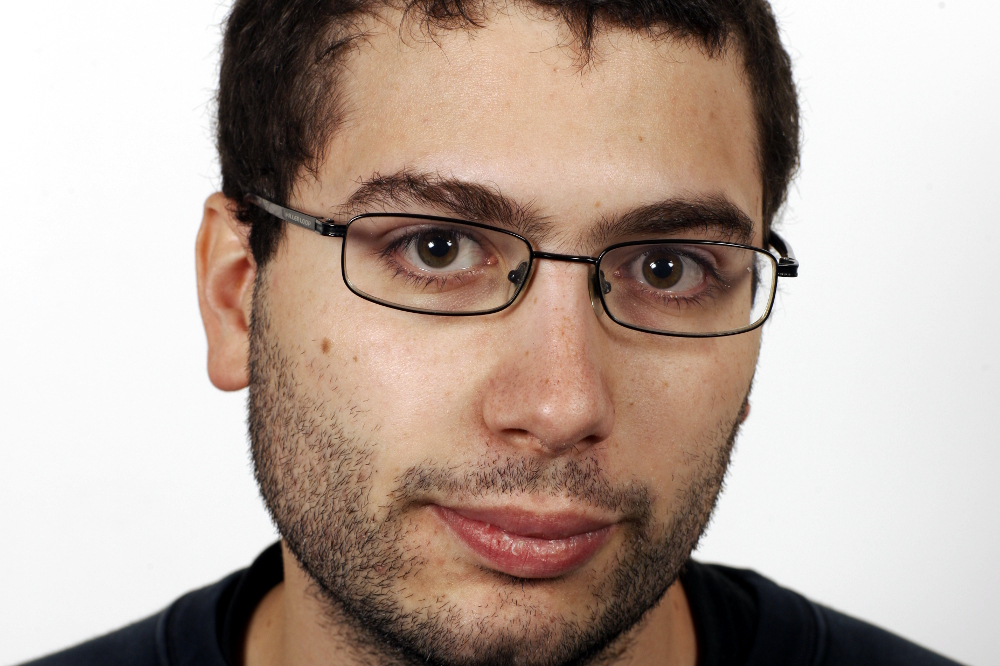Rui Lopes

Culture, Identities, and Power
Contact:
ruilopes@fcsh.unl.pt
Biography
Rui Lopes holds a PhD in International History at the London School of Economics and Political Science (LSE) and is a researcher at the Institute of Contemporary History. He has taught at LSE and at Goldsmiths, University of London. He focuses his research on culture in the Cold War, as well as on the international dimension of the Estado Novo and Portuguese colonialism, having published the book “West Germany and the Portuguese Dictatorship, 1968–1974: Between Cold War and Colonialism” (Palgrave Macmillan, 2014) and various scientific articles.
He is a member of the editorial board of the journal Práticas da História: Journal on Theory, Historiography and Uses of the Past and the coordinator of the project “Amílcar Cabral, from Political History to Politics of Memory“. Under the program FCT Researcher, he is currently researching the image of Portugal in Western audiovisual fiction during the Salazar dictatorship.
Research fields
- Cinema
- Colonialism
- Estado Novo
- Cold War
Selected publications
- Lopes, Rui. “An Oasis in Europe: Hollywood Depictions of Portugal during the Second World War ,” Journal of Contemporary History 52 (2017): 375-398. [PDF]
- Lopes, Rui. “‘A fabulous speck on the Earth’s surface’: Depictions of Colonial Macao in 1950s’ Hollywood,” Portuguese Studies 32 (2016): 72-87. [link]
- Lopes, Rui. “Accommodating and Confronting the Portuguese Dictatorship within NATO, 1970–4,” The International History Review 38 (2016): 505-526. [link]
- Lopes, Rui. West Germany and the Portuguese Dictatorship, 1968–1974. Between Cold War and Colonialism. London: Palgrave Macmillan UK, 2014. [link]
Highlighted projects
- Coordinator of the project “A ditadura e colonialismo portugueses na ficção audiovisual ocidental, 1933-1974” [Portuguese dictatorship and colonialism in western audiovisual fiction, 1933-1974] — Hosted by the IHC and funded by the Foundation for Science and Technology (FCT Researcher).
- Coordinator of the project “Amílcar Cabral, from Political History to Politics of Memory” — Hosted by the IHC and funded by the Foundation for Science and Technology (PTDC/EPH-HIS/6964/2014). [link]
Search
Events
julho, 2024
Tipologia do Evento:
Todos
Todos
Colloquium
Conference
Conference
Congress
Course
Cycle
Debate
Exhibition
Launch
Lecture
Meeting
Movie session
Open calls
Opening
Other
Presentation
Round table
Seminar
Showcase
Symposium
Tour
Workshop
- Event Name
seg
ter
qua
qui
sex
sab
dom
1
2
3
4
5
6
7
8
9
10
11
12
13
14
15
16
17
18
19
20
21
22
23
24
25
26
27
28
29
30
31
Não Existem Eventos
News
InDigit: Elisabete Pereira co-coordinates IN2PAST exploratory project
Jul 26, 2024
The results of IN2PAST’s third call for exploratory projects have been revealed and InDigit was approved for funding
Rui Lopes premieres film-essay “Aventuras no Império”
Jul 25, 2024
The film-essay written and directed by Rui Lopes premiered at Fidelidade Arte, in Lisbon
Cláudia Ninhos is the curator of the new Aristides de Sousa Mendes Museum
Jul 18, 2024
The museum will be inaugurated on 19 July
CONTACTS
WORKING HOURS



